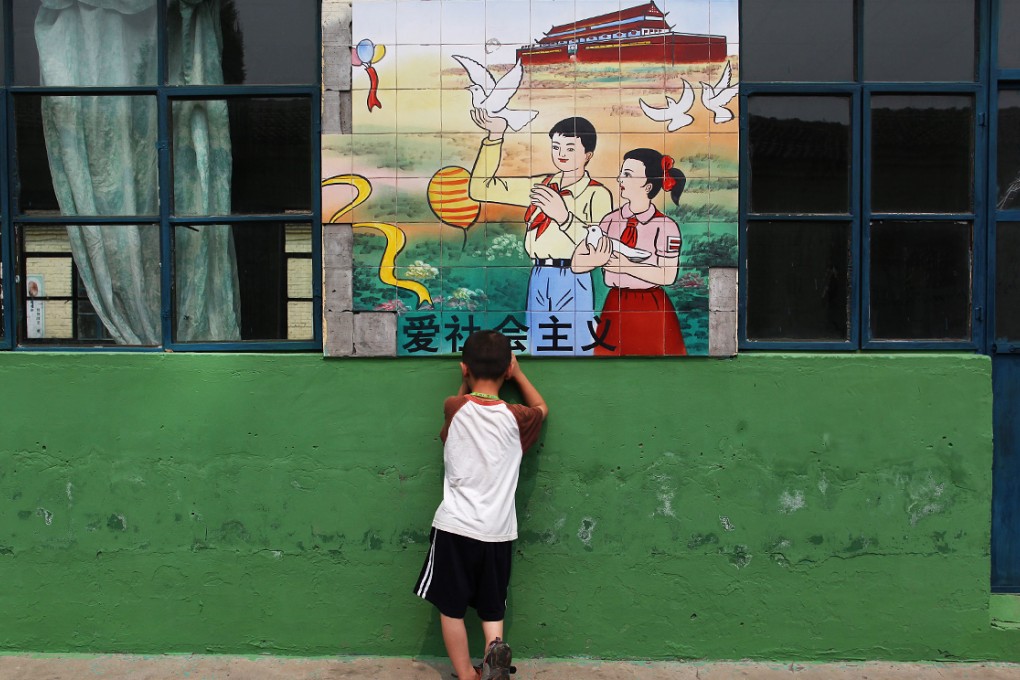Millionaires plan to leave, the less wealthy strive to stay
While rich Chinese have millions to spend on investor-immigration schemes for a “better life” abroad, many less wealthy but equally ambitious young people are paying as much as 700,000 yuan (HK$881,400) for the privilege to reside in the coutnry's capital Beijing.

While rich Chinese have millions to spend on investor-immigration schemes for a “better life” abroad, many less wealthy but equally ambitious young people are paying as much as 700,000 yuan (HK$881,400) for the privilege to reside in the capital Beijing.
Beijing police have recently arrested eight people for illegally trading hukou quotas, according to state broadcaster CCTV.
While Chinese citizens have been largely free to move within the country since the “reform and opening-up” policy was implemented in the early 1980s, the hukou system means many migrants still cannot enjoy full benefits and services such as social security, medical insurance and school places.
Of the 230,000 students who graduated from universities in Beijing last year, more than 140,000 were from out of town, and therefore do not hold a Beijing hukou.
The tens of thousands of graduates who wish to stay in the capital must compete for just a few thousand places -- a hiring quota controlled by the municipal government and usually allotted to state-owned enterprises, which set a high bar for recruits. The quota was set at 10,000 for this year, up from 5,000 in 2005.
Migrant students know very well the cutthroat competition to score high on the national entrance exam and to be admitted to a prestigious university in Beijing. But getting a hukou in the capital is even more difficult.
They need to get two quotas to secure the permit – one from their home university and another from an employer.